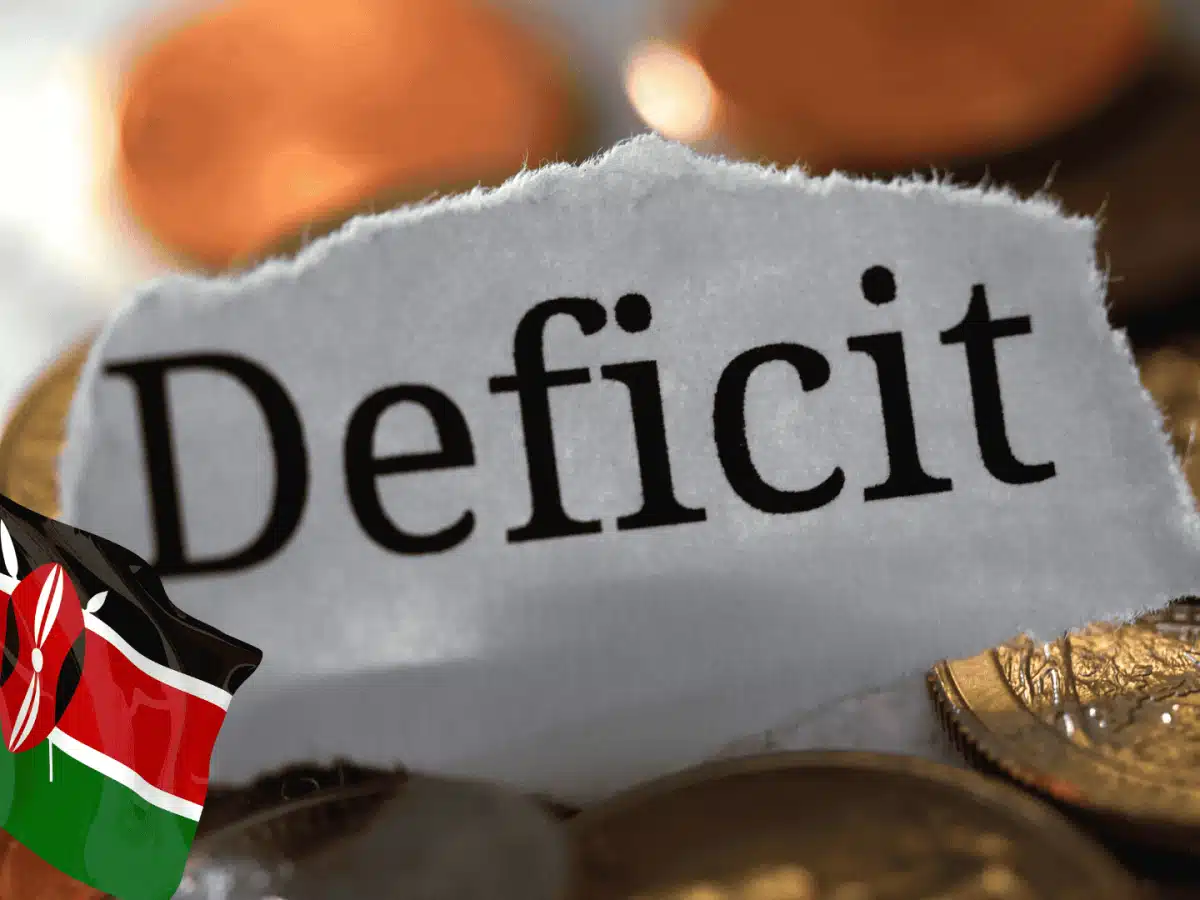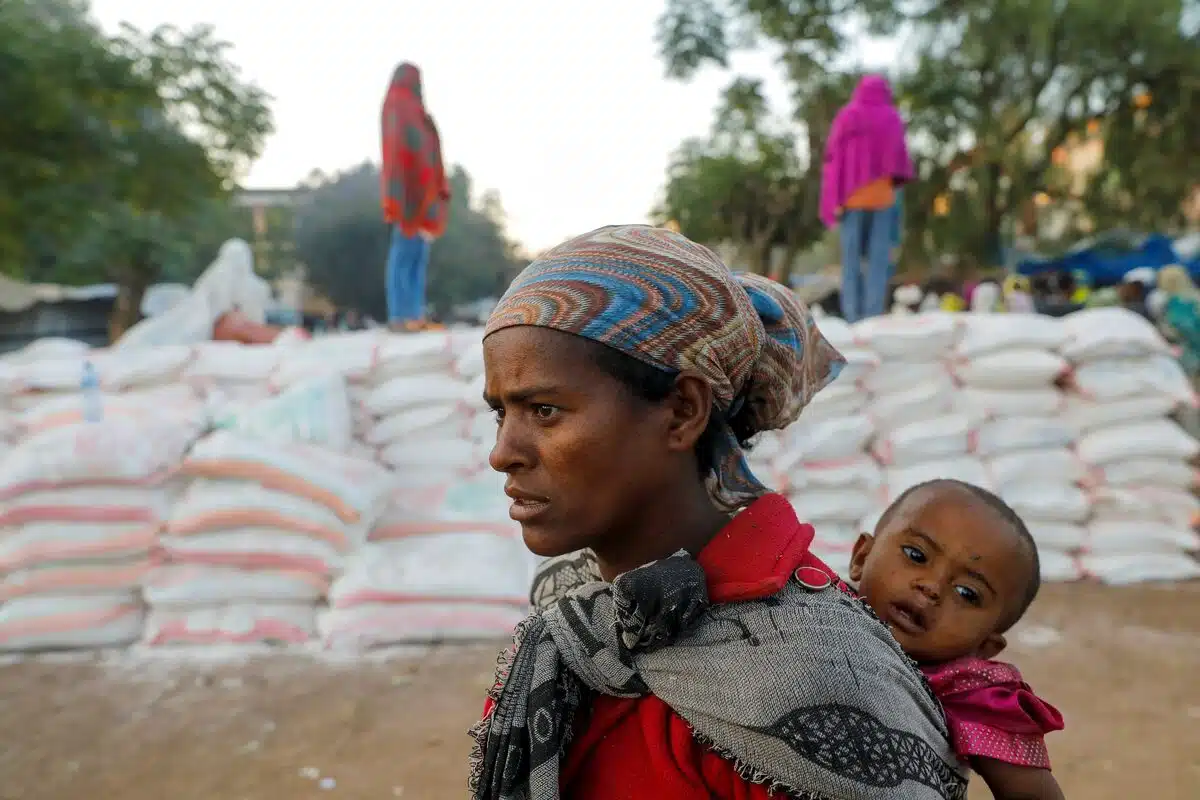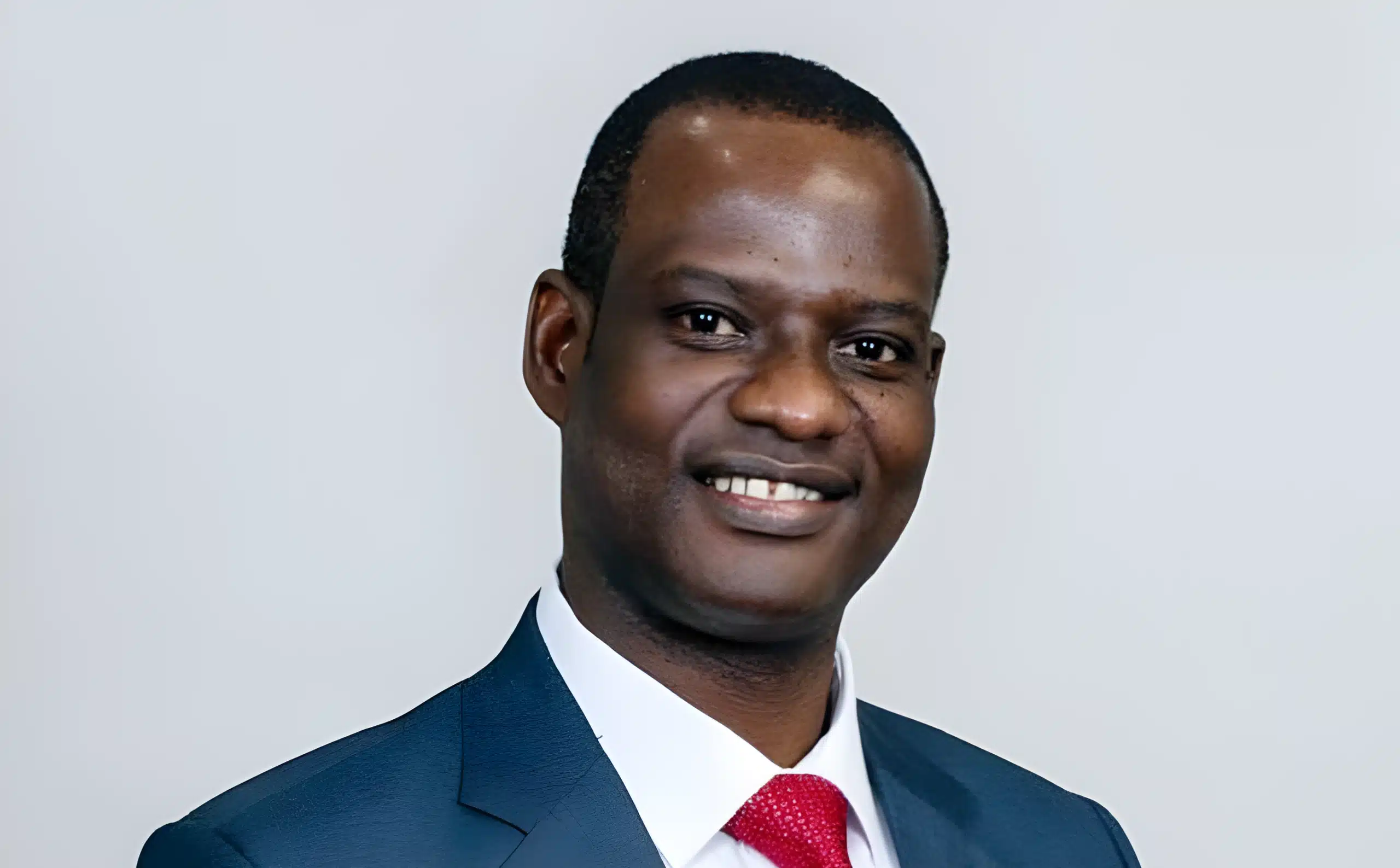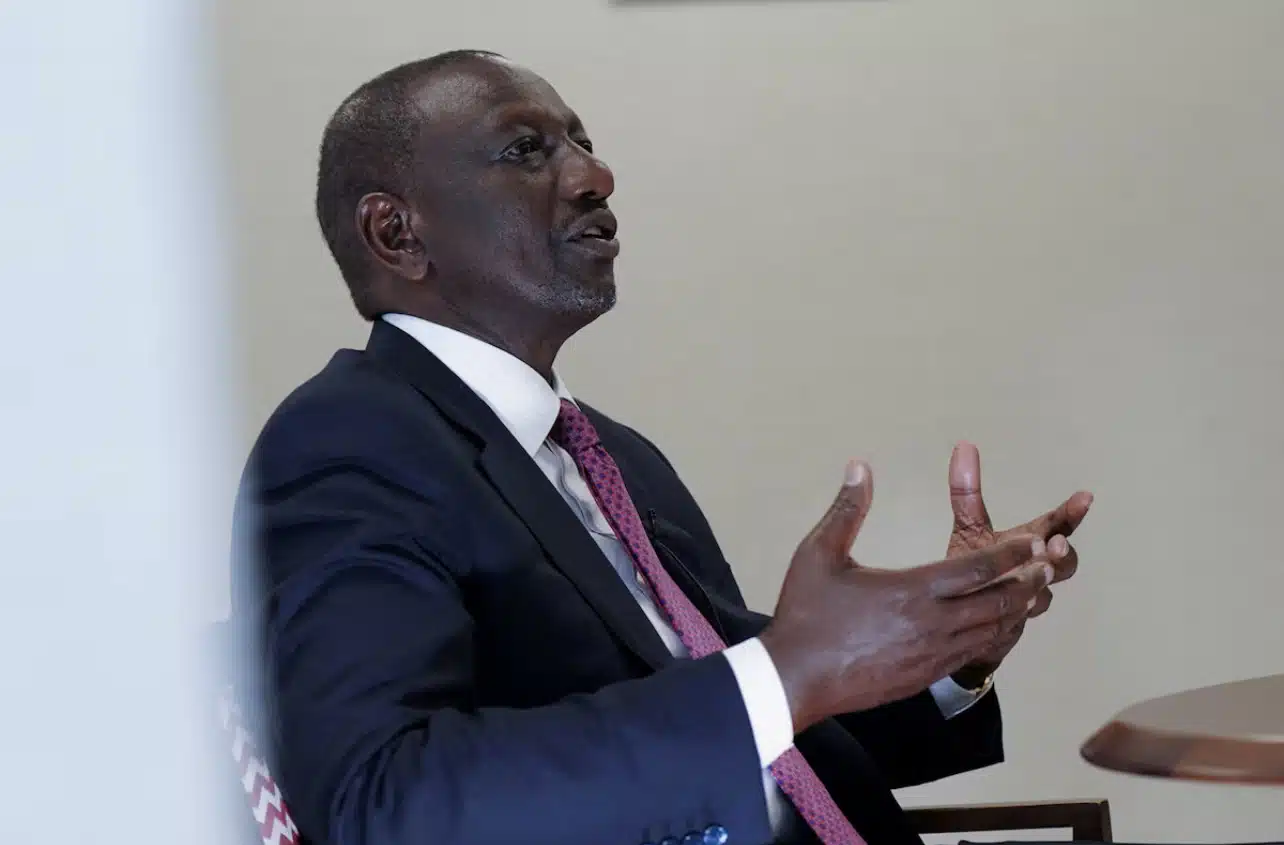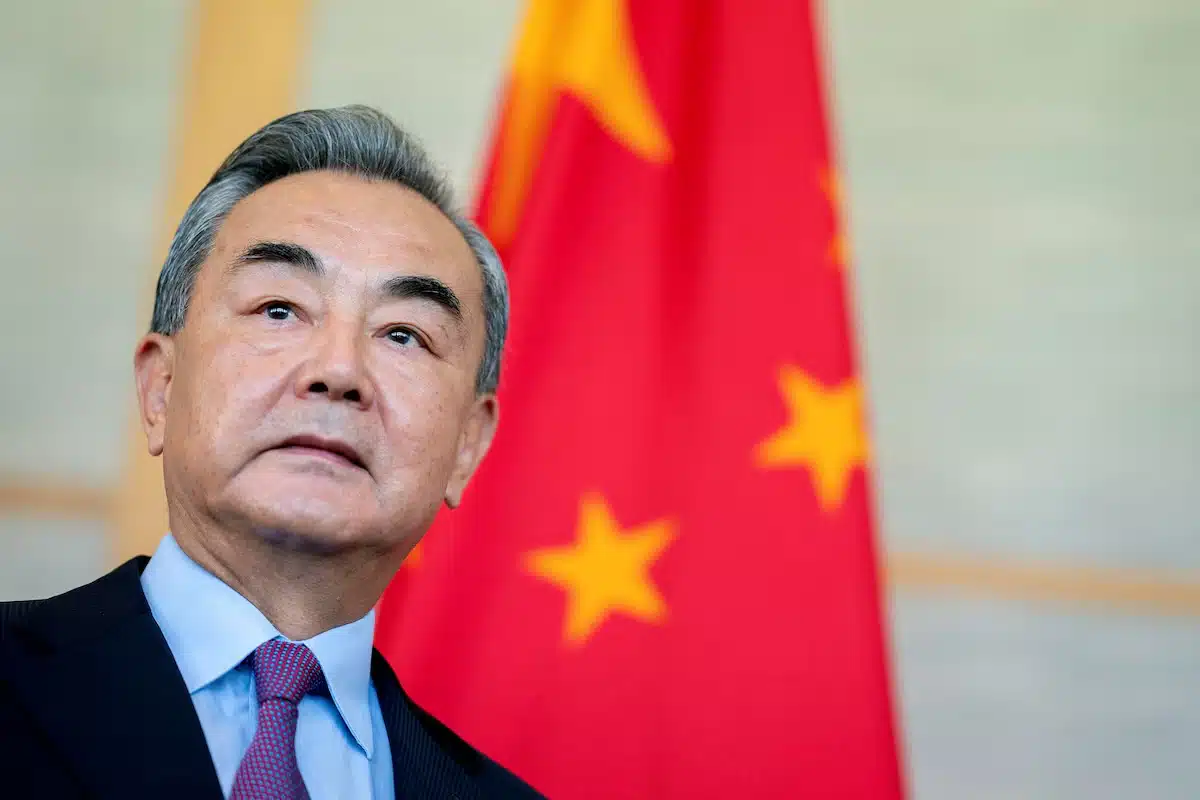Kenya has once again revised its 2025/26 revenue projections downward, pushing the expected fiscal deficit to $6.8 billion or 4.5% of gross domestic product (GDP), according to the latest figures from the Medium-Term Fiscal Framework released on Wednesday.
This marks the second downgrade to the 2025/26 revenue outlook in recent months, with total revenue now projected at $25.6 billion— $534.7 million lower than the previous estimate.
Cumulatively, the revenue target has been revised downward by $1.5 billion.
Ordinary revenue, the core component of government earnings excluding grants and loans, has been cut by $603.6 million to $31.3 billion.
However, projections for Appropriations-in-Aid (AiA)—revenue collected directly by ministries and state agencies—have been raised by $69 million to $4.3 billion, slightly cushioning the overall decline.
The framework also confirms that the overall budget size has been reduced by $187.7 million to $33.3 billion, as announced by Finance Minister John Mbadi during the unveiling of the revised 2025/26 budget a day earlier.
The adjustment marks the latest effort by President William Ruto’s government to rein in public spending and advance its fiscal consolidation agenda.
As a result of the budget cut, the fiscal deficit has widened by $349.1 million compared to earlier projections.
Still, the gap remains within the National Treasury’s target of 4.5 percent of GDP—an improvement from the deficits recorded in 2023/24 and 2024/25, which stood at 5.3 percent and 5.1 percent of GDP respectively.
The government’s pivot to stricter austerity measures has been attributed to sustained pressure from international lenders, particularly the International Monetary Fund (IMF) and the World Bank.
Both institutions have consistently urged Kenya to curb its rising public debt and adopt tighter fiscal discipline through expenditure cuts and improved domestic revenue mobilisation.
To finance the deficit, the government plans to raise $4.5 billion through domestic borrowing and $2.2 billion from external sources, reducing the proposed public debt from $14.7 billion to $6.7 billion.
This signals a rebalancing in Kenya’s borrowing strategy, with a reduced reliance on domestic credit markets and greater dependence on external financing.
The updated fiscal plan aligns with recent Cabinet decisions and underscores Nairobi’s prioritisation of macroeconomic stability.
However, the persistence of downward revenue revisions and sustained reliance on borrowing to plug the deficit has raised fresh concerns.
Analysts warn that while austerity may help restore fiscal discipline, it must be carefully managed to avoid undermining critical public services or stalling economic recovery.

